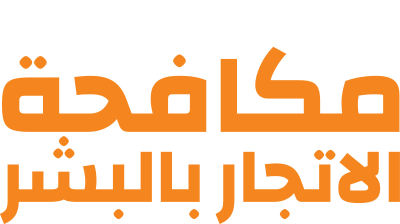Forced labour

Hundreds of thousands of migrants come to work in countries in the region. They come mainly from South Asia and sub-Saharan Africa.
They provide the labour the region needs for major development projects and help to drive economic growth. Most migrant workers are properly treated and paid. From their earnings they send much-needed cash to support their families and communities back home. It’s a legitimate exchange that benefits both sides.
But there is a cruel fringe to this long-established economic practice, in which unscrupulous middlemen and employers take advantage of the vulnerability of foreign guest workers.
Maximum profit
The aim of such criminal abuse is to extract the maximum profit from migrant workers using force, threats or coercion, with no regard for their well-being.
The problem of trafficking in persons (TIP) arises when an employer uses fraud, force or coercion to impose unreasonable and exploitative conditions on a labourer.
Common features of forced labour
- The employer does not pay as much as promised in the worker’s contract, pays late, arbitrarily cuts wages, or withholds an unreasonable portion of wages to cover living expenses.
- To prevent them leaving the job, the employer withholds the worker’s passport or other key documents. This is an illegal practice.
- The employee is forced to work unreasonably long hours and does not get enough time off work or enough financial compensation.
- The employee is denied freedom of movement. They are not allowed to leave the workplace or workers’ accommodation provided.
- The employer uses demonising, inhumane verbal abuse or physical assault or the threat of physical assault to intimidate the worker.
- The employer hires out the worker, or sells them to another employer, without the worker’s agreement.
- Reasonable requests by the worker for better conditions are met with the threat of dismissal or deportation.
Most cases of trafficking involve a combination of the above. Often the worker’s conditions may start off as legal, safe and correct, but then get worse over time.
Changing the law
Until now exploitative employers have also abused the No Objection Certificate system to prevent exploited workers moving to a job with better pay and conditions.
But the repeal of the NOC system in Oman at the start of 2021, should help reduce cases of forced labour.
Government efforts are underway to enact a new Labour Law in the Sultanate of Oman, in line with contemporary development needs as guided by Oman’s Vision 2040. This is expected to achieve a qualitative leap in the context of a free labour market, while deepening the balance between workers and employers in terms of their rights and obligations.






